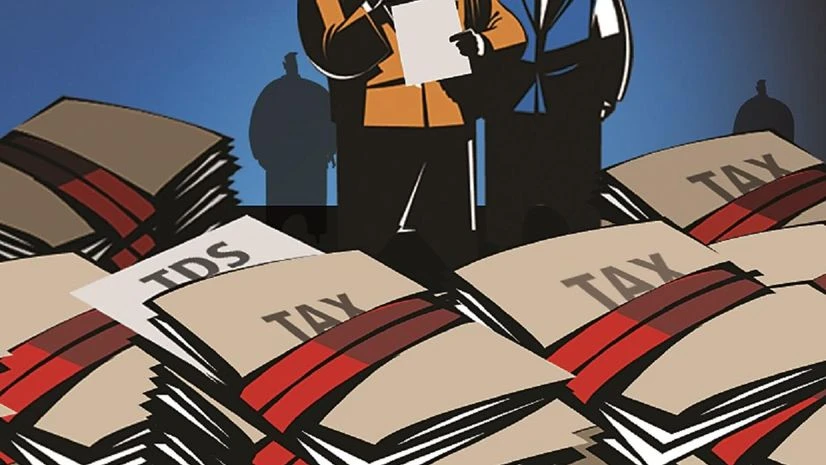Budget: TDS on income from G-sec unlikely to impact retail participation | News on Markets

Budget: TDS on income from G-sec unlikely to impact retail participation | News on Markets
[ad_1]
)
Illustration: Ajay Mohanty
The introduction of tax deducted at source (TDS) on income from central government securities and state bonds may not lead to a significant effect on retail participation, according to market participants.
The Union Budget proposed that starting October 1, 2024, investors may face a 10 per cent TDS on investments in central government securities and state development loans (SDLs).
“Last Budget, TDS on interest on securities was reintroduced. There was no fall in direct investment in corporate bonds by retail investors as expected by the markets,” said Vinay Pai, head of fixed income at Equirus Capital.
“Similarly, we see very less impact of investors shying away from investing in government securities and SDL due to 10 per cent TDS on interest,” he added.
In the Union Budget for the previous financial year, a 10 per cent TDS was announced on interest payments. It was applied to listed bonds (debentures) starting April 1 2023.
A segment of the market believes that retail investors, who often schedule their cash inflows based on anticipated interest earnings, may encounter disturbances due to TDS deductions. This could particularly affect those relying on steady interest payments for their sustenance or other financial obligations.
They said that those investors may shift to other instruments to avoid an extra layer of complexity.
“Introducing TDS on government securities could initially impact retail participation due to the added complexity,” said Venkatakrishnan Srinivasan, founder and managing partner of Rockfort Fincap LLP.
“While investors may eventually adapt to the new norm, it will take time. Regular investors in government securities, who rely on monthly interest earnings, could face particular challenges,” he added.
Retail investor participation in the government securities market has been gradually increasing over the past few years, facilitated by the Reserve Bank of India’s (RBI’s) Retail Direct platform and other online retail bond portals.
Total number of accounts opened on the RBI Retail Direct platform stood at 156,878 as on July 22 of the current year, against 89,750 as on July 24, 2023.
Retail investors continue to invest more in treasury bills as compared to instruments like state and central government securities, and sovereign gold bonds, through the scheme.
As of July 22, 68 per cent of the total subscriptions were channelised through T-bills, whereas only 13 per cent subscriptions were through central government-dated securities. Subscriptions through state government securities, and sovereign gold bonds were 8 per cent, and 7 per cent, respectively. The subscriptions through floating rate savings bonds stood at 3 per cent.
As things stand
Retail investors’ participation in the government securities market has been gradually increasing over the past few years
Investors won’t shy away from investing in government securities and SDL, says Vinay Pai, Head of fixed income at Equirus Capital
Move can impact retail participation initially, but investors might eventually adapt to the new norm, says Venkatakrishnan Srinivasan, Founder and Managing Partner of Rockfort Fincap LLP
First Published: Jul 25 2024 | 8:15 PM IST
[ad_2]




